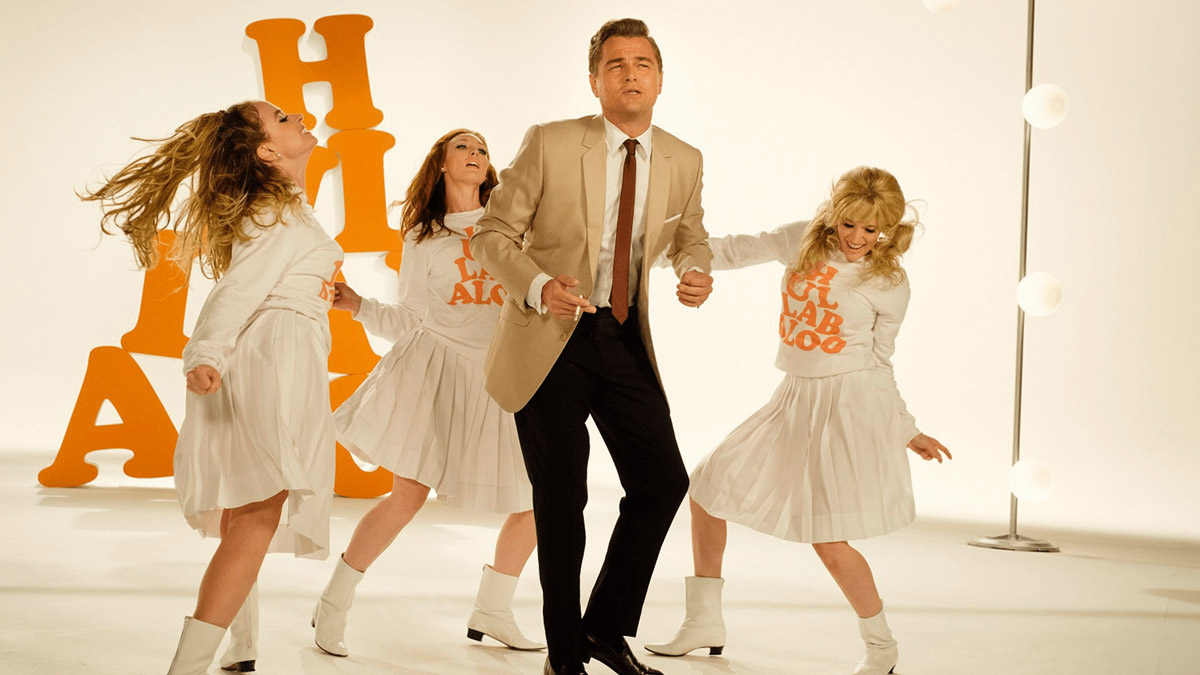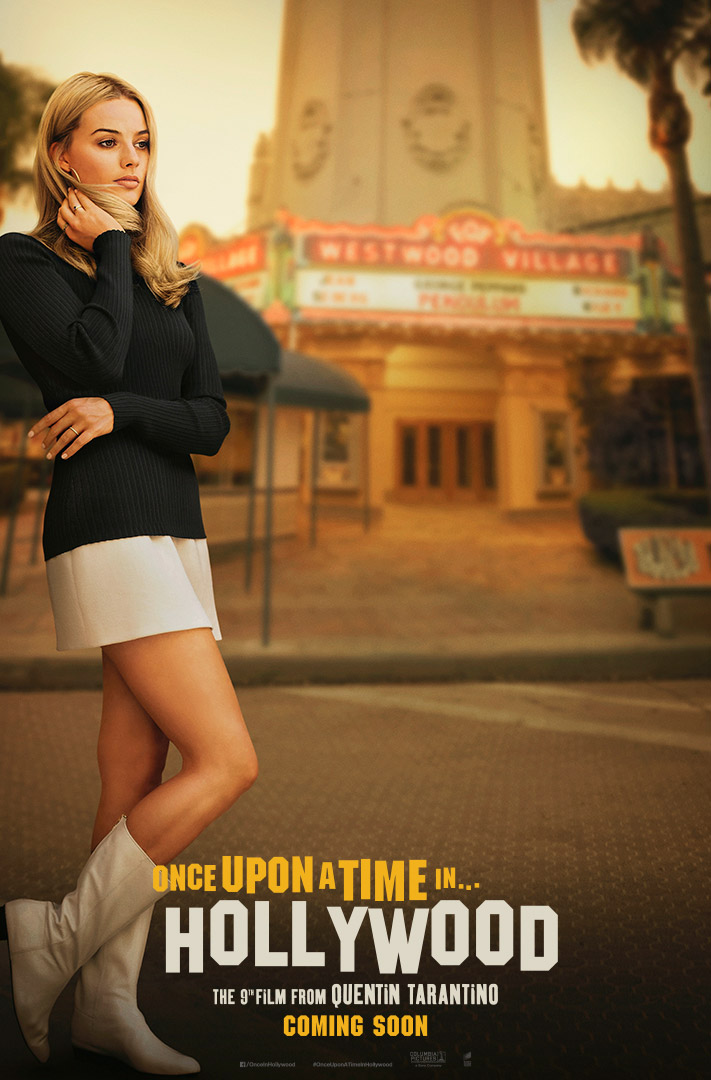
"Once Upon a Time in Hollywood" Tarantino's love letter to the year 1969, a period of dramatic change in the film industry, written with all his heart.
How to portray the other main character, Sharon Tate?
There is another element that is essential when discussing this work. In the first place, Tarantino's works are known for adding twists to the combination of genres and creating chemical changes beyond expectations, but the "twist" in this film in particular is the role of actress Sharon Tate, who lives next door to Rick. It is. Her husband is Roman Polanski, who became a popular director with `` Rosemary's Baby '' (1968). They are the exact opposite of Rick and the others, and are truly a couple riding the rising tide of a new era.
Furthermore, this film also hints at the existence of the ``Manson Family,'' who live in a group on the outskirts of this town.
If you combine these two and say "August 9, 1969", only one thing will come out. There is only “that incident” that is familiar to movie fans. This is the reason why the warning alarm kept ringing in my heart. I'm sure everyone is wondering where the story will end and what will happen there, but all I can say is to go see it in theaters as soon as possible before others get spoiled.

By the way, Sharon, played by Margot Robbie, has been in the spotlight by appearing at numerous parties with her husband, and is also famous for introducing her husband to the original novel of ``Tess,'' which led to the film being made into a movie. (Thus, Polanski's masterpiece ``Tess,'' produced in 1979, begins with the words ``For Sharon.'')
Additionally, there is a scene in the middle of the movie where Sharon goes to the movie theater herself to watch a movie she has appeared in, but what is being shown is a B-grade spy movie called ``The Wrecking Crew.'' How expressive and charming Sharon is as she enjoys this work with Bruce Lee as her ``karate advisor'' among the general audience. You can really feel Tarantino's passion and love for her, who has been talked about in a somewhat tragic context in the history of film, and dared to portray her in a life-sized size.
A love letter to all filmmakers who lived through a period of transition.

